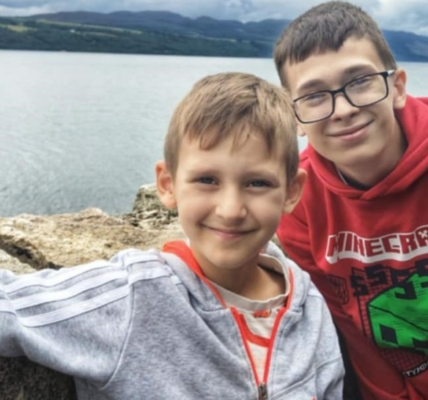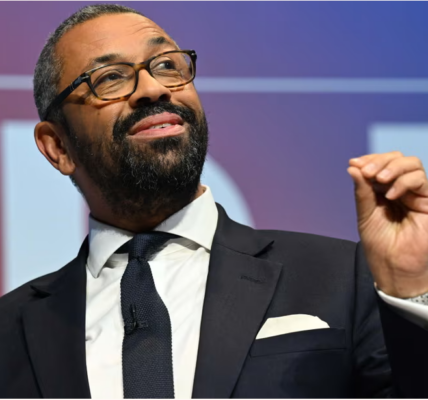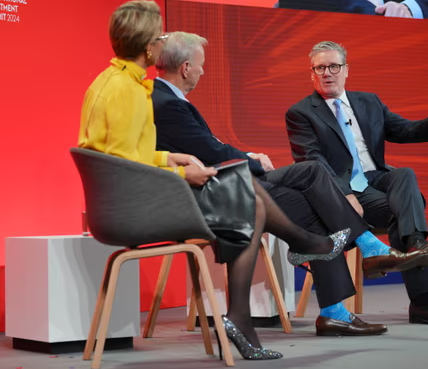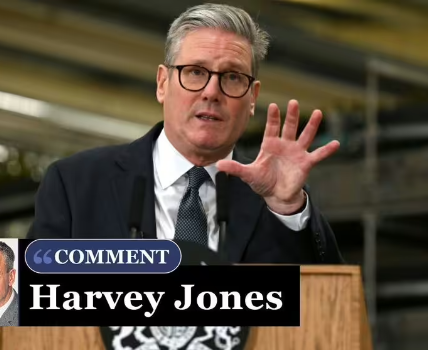Latest acquittal of an officer who shot dead unarmed Black man provokes disbelief, frustration and resignation in south London
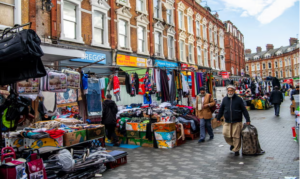
Electric Avenue in Brixton, south London. Photograph: Jill Mead/The Guardian
Distrust, disbelief and frustration is palpable on the streets around Electric Avenue. Here in Brixton, the buzzing heart of south London, news is sinking in that a police officer has been cleared of murdering an unarmed Black man in the borough.
Chris Kaba, 24, was fatally shot in the head by firearms officer Martyn Blake, 40, during a vehicle stop in Streatham Hill on 5 September 2022. He was the fourth unarmed man to be shot dead by police in non-terrorist operations since 2005. All were Black.
Speaking outside Brixton station the morning after a jury took three hours to return a not guilty verdict against Met officer Blake, who had denied murder, Carlton Warren said the verdict was “shocking”.
“But what can you say? There’s nothing you can do,” the 64-year-old added. “It’s frustration you feel more than anything, it’s sad for his family, [Chris Kaba’s] not been given a chance. But we’re living in perilous times – it’s going to get worse before it gets better.”
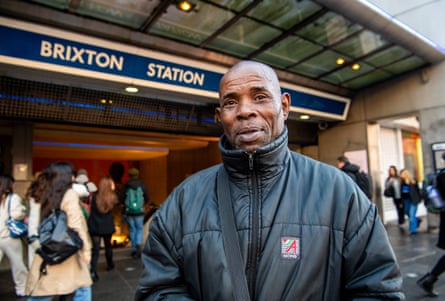
Ola, 29, has never had a bad encounter with police in London. But in the 15 months he’s been in the country, he’s heard so many stories about “Black people being stopped and searched without a report of them being involved in anything” that he says he’s “not really surprised” by Chris Kaba’s story.
The video producer says that even before he arrived in the UK from Nigeria, he had heard stories about police here. “People just talk about it,” he said. “I feel like that’s the mindset that young Black people hold. Distrust for the police and an expectation that they will be unfair.”
On a street near the Ritzy Picturehouse, Isaiah Nature, 52, questioned why lethal force was necessary. “Even though [Chris Kaba] was known as a violent man, if this is my job, I’ve got to look at the situation. I could shoot him in the leg, you could reach for the gun,” he said.
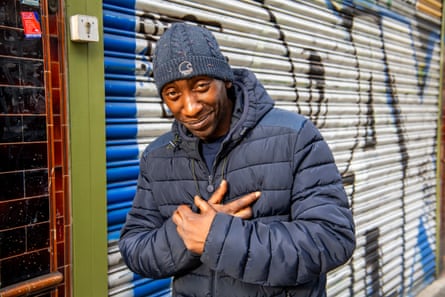
But while Isaiah was insistent that the shooting “wasn’t justified”, he added: “The police officer is doing his job – you obey the law. The police officers know him as a gunman and a troublemaker – [If I’m a police officer] I’ve got to make sure I’m safe. They were both wrong – there’s no right.”
Walking back from a Jamaican bakery on Coldharbour Lane, Tasha Nelson, from Streatham Hill, was adamant that “justice hasn’t been served”. She was sad for a family who have lost a son and incredulous at the idea police can’t “stop a situation” like Chris Kaba’s without resorting to lethal force.
“I went to all the vigils, because it’s just down the road from me,” she said. “I think police get away with so much. I have got kids and I’m teaching them how to react [if they get stopped]. I think if it was a Caucasian person bringing up kids, you don’t need to discuss it, it’s not the same. In this situation [Chris Kaba] didn’t have a gun. I think if it had been a Caucasian guy sitting in the car, it would have been entirely different.”
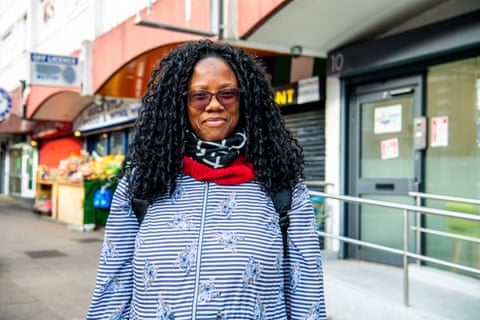
The Clapham and Brixton Hill MP, Bell Ribeiro-Addy, said “there was a lot of pain and anger and hurt”, first at the fatal shooting, and then at the acquittal, in a borough that has “the lowest confidence in police in London”. “So many Black men have faced harm, in some cases death, following contact with the police,” she said.
“I understand [police] have a complex job with extreme pressures, but no one is above the law. Black people are over-policed as citizens and under-policed as victims.”
The MP added that the work of neighbourhood officers “working hard to rebuild trust” had been “hampered by a response unit”.
Meanwhile, race relations activist Lee Jasper, a former policing director for London, called for juries in such cases to hear expert evidence on institutional racism.
“If the rationale is a police officer only needs a reasonable belief to fire his weapon, then it’s tantamount to a licence to kill,” he said. “This verdict will make it absolutely clear to Black communities that when it comes to the Met police, Black lives don’t matter.”

